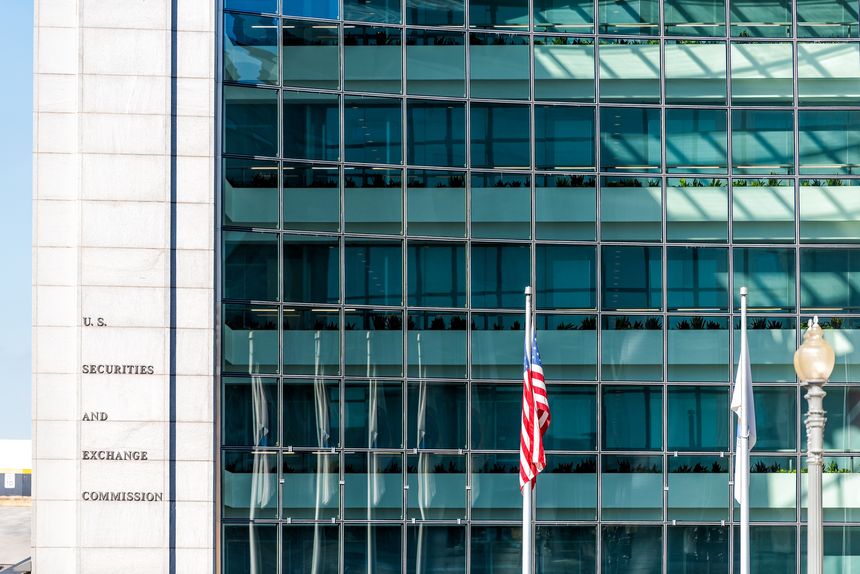As we rapidly approach the midnight September 30th deadline, Congress remains deadlocked over funding, with Republicans and Democrats at an impasse that significantly increases the likelihood of a shutdown beginning October 1st.
How Likely Is a Shutdown?
The situation is critical. Republicans have proposed extending government funding through November 21st at current levels, while Democrats countered with a one-month extension that includes healthcare provisions and restrictions on presidential spending authority—both non-starters for Republicans. Vice President JD Vance stated he believes “we're headed to a shutdown because the Democrats won't do the right thing,” while Democrats have pushed back with their own counteroffer.
With both sides dug in and no clear path forward as of Tuesday afternoon, a shutdown appears increasingly probable.
SEC Enforcement: The Pause Button Gets Pressed
Here's where it gets interesting from an enforcement perspective:
During a shutdown, the SEC will operate with skeleton staff only. While EDGAR continues accepting filings and federal securities laws remain in effect, the enforcement machinery effectively goes idle:
What Stops:
- New enforcement investigations and actions
- Division of Corporation Finance staff won't issue comment letters or respond to inquiries
- Division of Trading and Markets won't provide interpretive guidance or process requests
- No-action letter requests go unanswered
- Routine oversight and examination activities pause
What Continues:
- Markets will continue operating (they always do)
- Self-regulatory organizations continue their oversight functions
- Private enforcement through litigation remains available
- The antifraud provisions of securities laws don't take a vacation
An Unintended Natural Experiment
Every shutdown inadvertently runs a fascinating test: Can markets function effectively with reduced regulatory oversight? History suggests they can, at least for short periods. The irony isn't lost that during shutdowns, we often see markets continue efficiently while the regulatory apparatus sits idle.
The Broader Context
This would be the 21st government funding gap since fiscal year 1977, with the last shutdown in December 2018 lasting a record 35 days. That shutdown resulted in approximately $3 billion in economic activity that was never recovered.
The Department of Labor has already indicated it will suspend economic data releases, including the monthly employment report, potentially affecting Social Security cost-of-living adjustments.
As market participants, we should prepare for potential disruptions and adjust transaction timelines accordingly. The uncertainty itself may create volatility beyond the operational limitations.

/Passle/67ead9999050990b49b427a6/SearchServiceImages/2026-02-02-17-12-44-434-6980db0c58622659875b74b8.jpg)
/Passle/67ead9999050990b49b427a6/SearchServiceImages/2026-01-30-20-53-48-442-697d1a5ce563ba3bdaac75d0.jpg)
/Passle/67ead9999050990b49b427a6/SearchServiceImages/2026-01-27-10-16-15-254-6978906f812a5c2d3450ab29.jpg)